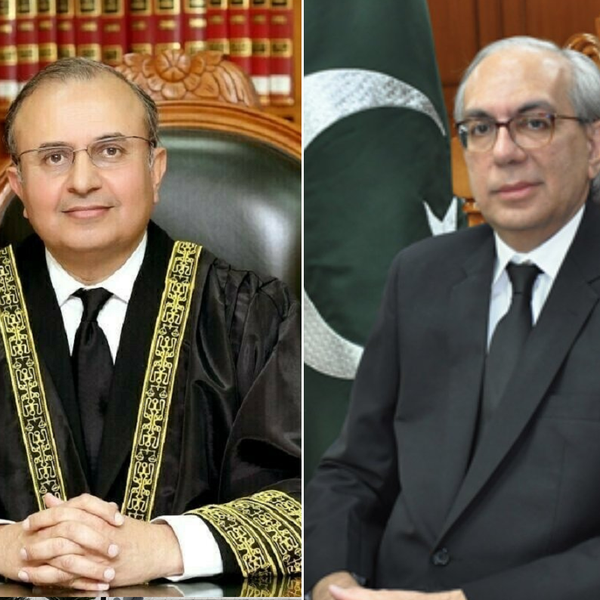Pakistan's SOEs drain PKR 616B in 6 months
Massive subsidies and equity injections fail to stem losses, as government prepares performance-linked funding and privatization drive
Business Desk
The Business Desk tracks economic trends, market movements, and business developments, offering analysis of both local and global financial news.

Pakistan’s state-owned enterprises (SOEs) continue to weigh heavily on the national exchequer, drawing a staggering PKR 616 billion in fiscal support during the first half of the 2024-25 financial year, a 42% increase from the same period last year.
The spike in subsidies, grants, concessional loans, and equity injections underscores deep-rooted inefficiencies and the urgent need for structural reform.
According to official figures, the government’s financial support comprised PKR 333 billion in subsidies — primarily directed at the power sector — alongside PKR 113 billion in grants, PKR 92 billion in loans, and PKR 77.5 billion in equity injections. Despite this substantial assistance, major SOEs collectively reported net losses of PKR 343 billion in just six months.
Some of the largest recipients of equity injections include: Qesco, which received PKR 66 billion, Pesco at PKR 4.65 billion, Sepco at PKR 2.97 billion, and Lesco at PKR 2 billion.
This sustained flow of public funds, largely devoid of enforceable performance conditions, has entrenched what analysts describe as a culture of financial complacency and operational inefficiency. Experts warn that repeated bailouts, offered without tangible performance metrics, have fostered a dangerous moral hazard, encouraging SOEs to operate with the expectation of perpetual government rescue, regardless of their viability.
A legacy of fiscal drain
Rather than acting as engines of economic growth, many SOEs have become persistent fiscal liabilities, contributing marginally to GDP or public service delivery. “These enterprises have become black holes for public funds,” said a senior finance ministry official. “Every rupee injected into a loss-making SOE is a rupee not spent on education, healthcare, or infrastructure.”
Repeated equity infusions, often unaccompanied by structural correction or accountability, have led to operational stagnation, eroded financial discipline, and discouraged innovation. “We’ve essentially rewarded failure with more funding,” the official added.
In a bid to break this cycle, the government is preparing to implement a new performance-linked funding framework that ties fiscal support to measurable operational benchmarks. Financial assistance — whether in the form of subsidies, loans, or equity — will be contingent on achieving key metrics such as sector-specific Return on Invested Capital (ROIC), Economic Value Added (EVA), and Environmental, Social, and Governance (ESG) standards.
Under this model, SOEs that fail to meet their performance targets will face reduced fiscal support, compelling them to reassess their business strategies or face financial restructuring.
Government moves toward accountability
In response to the ballooning losses, Prime Minister Shehbaz Sharif has directed the rollout of a rigorous monitoring system to track SOE performance and contain fiscal slippage. The administration is also exploring privatization or liquidation of non-strategic and persistently underperforming entities.
Officials say this realignment aligns with broader national goals: fiscal consolidation, private sector engagement, and climate-resilient development. The aim is to ensure that SOEs either contribute real value to the economy or step aside.
With public frustration growing over continued bailouts and poor services, analysts believe the success of this reform hinges on consistent enforcement. “If implemented with discipline, this model could transform SOEs from liabilities into assets,” said an independent economist.
But if the cycle of unconditional support continues, experts warn, Pakistan risks deeper fiscal stress, further crowding out critical development spending and undermining long-term economic stability.










Comments
See what people are discussing